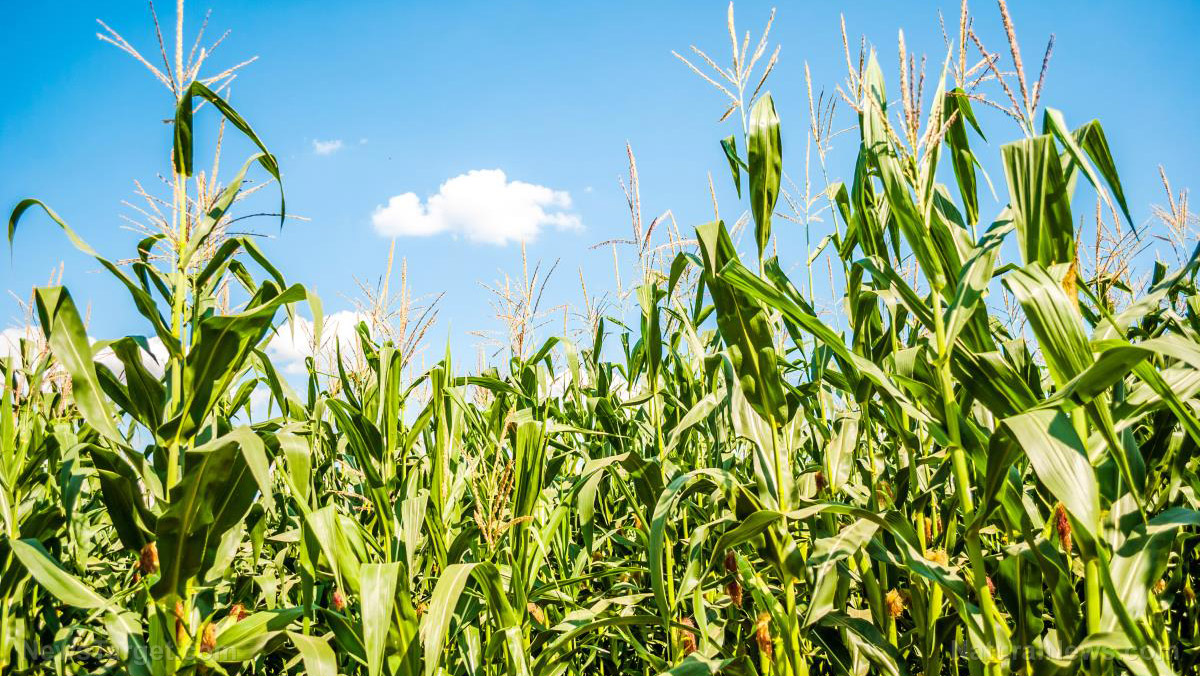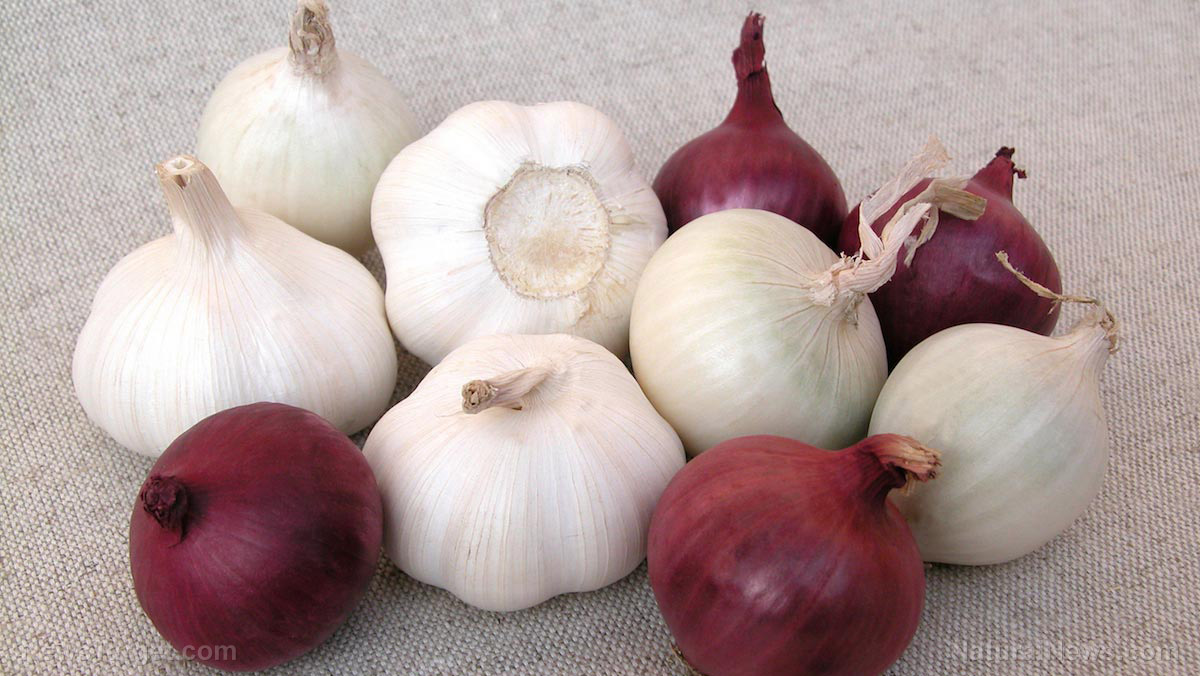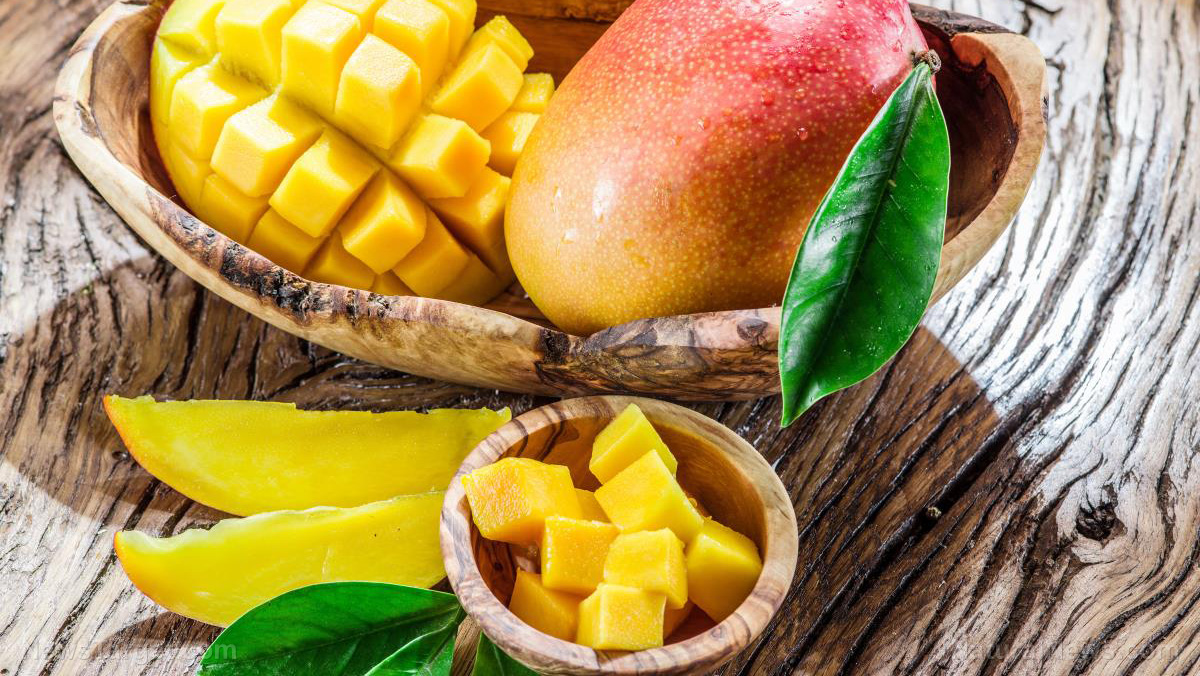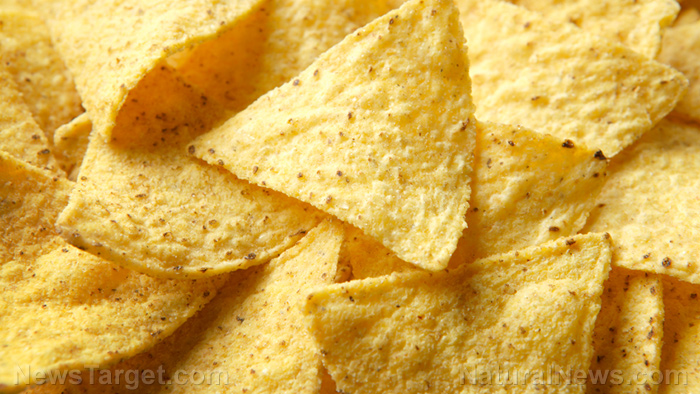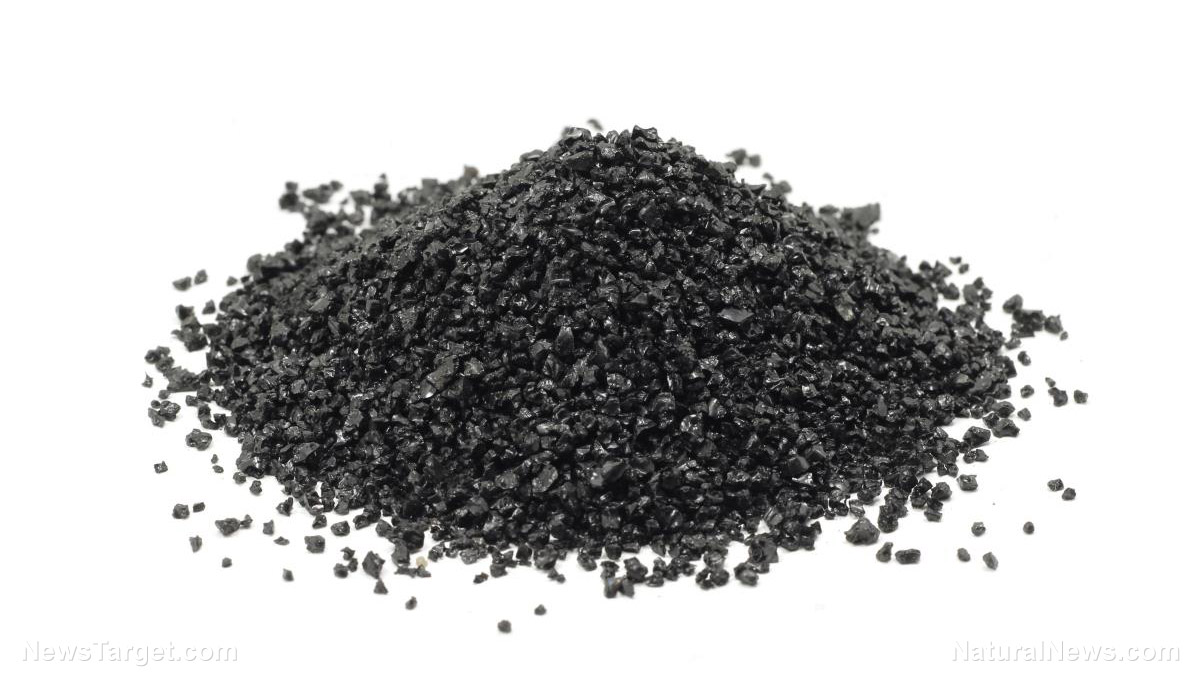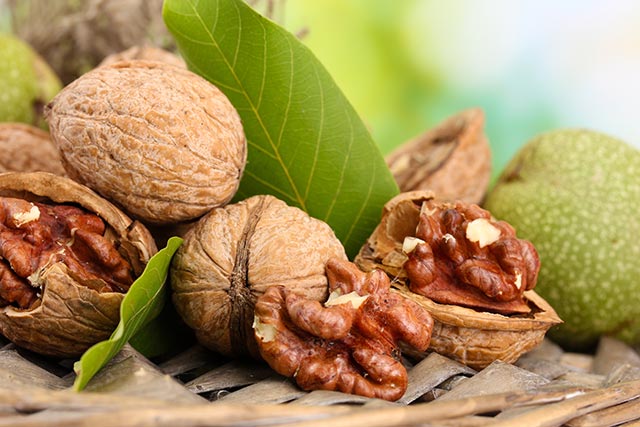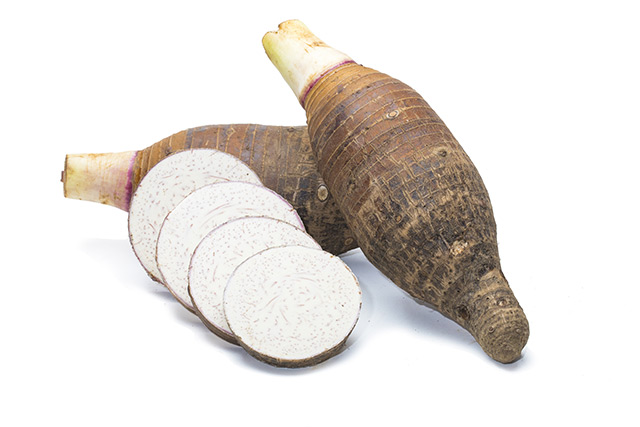Environmental conditions of soil seed bank in Mediterranean pasture evaluated for effects of grazing versus grazing exclusion
03/31/2018 / By Ralph Flores
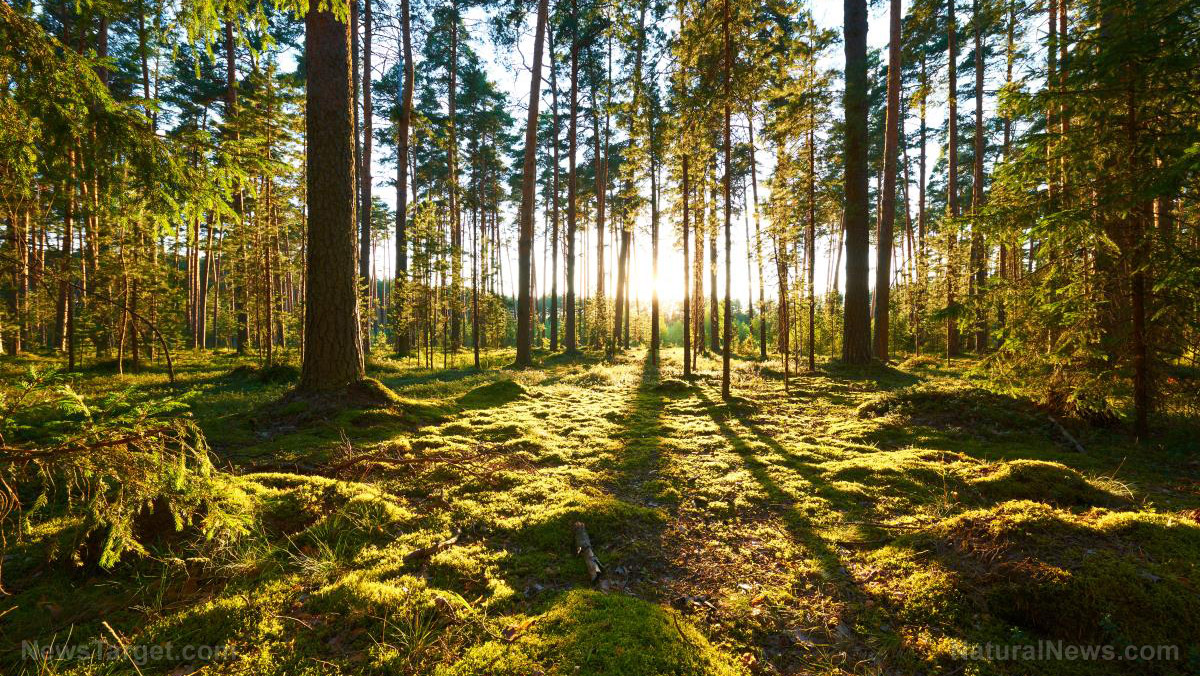
The soil seed bank – the natural repository of seeds within the soil – is affected by certain factors, which could potentially increase its volume and biodiversity, according to researchers. The results of their findings were published in the journal Agroforestry Systems.
- The study focused on soil seed banks in Mediterranean wood pastures, which allow understory vegetation to adapt to various conditions.
- Researchers studied the effects of grazing exclusion on the transient and persistent seed banks in the region.
- The study lasted for three years, and was conducted in 23 areas of a Mediterranean wood pasture that contained Quercus suber L. (cork oak), Q. ilex L. (evergreen oak), and Q. pubescens Willd. (downy oak).
- The team used canonical correspondence analysis to measure the topo-climactic, soil, and biodiversity factors on the soil seed bank in both grazed and ungrazed pastures.
- The researchers determined that factors such as rainfall, grazing, and the available phosphorus content of the soil had an effect on persistent seed bank. In particular, the exposure to these elements increased the size of the soil seed bank.
- Depending on the site, certain grazing schemes may improve the number of legumes in the seed bank, as well as improve the species richness and level of diversity in undergrowth vegetation.
Understanding the implication of these results, according to the authors, could aid conservation efforts in the silvopastoral area in the region.
Journal Reference:
Franca A, Re GA, Sanna F. EFFECTS OF GRAZING EXCLUSION AND ENVIRONMENTAL CONDITIONS ON THE SOIL SEED BANK OF A MEDITERRANEAN GRAZED OAK WOOD PASTURE. Agroforestry Systems. 2018; DOI: 10.1007/s10457-018-0203-0
Tagged Under: biodiversity, environmental factors, grazed pasture, grazing, grazing exclusion, grazing schemes, legumes, persistent seed bank, phosphorus content, seed, silvopastoral, silvopasture, soil, soil seed bank, transient seed bank, understory vegetation, ungrazed pasture, wood pastures

